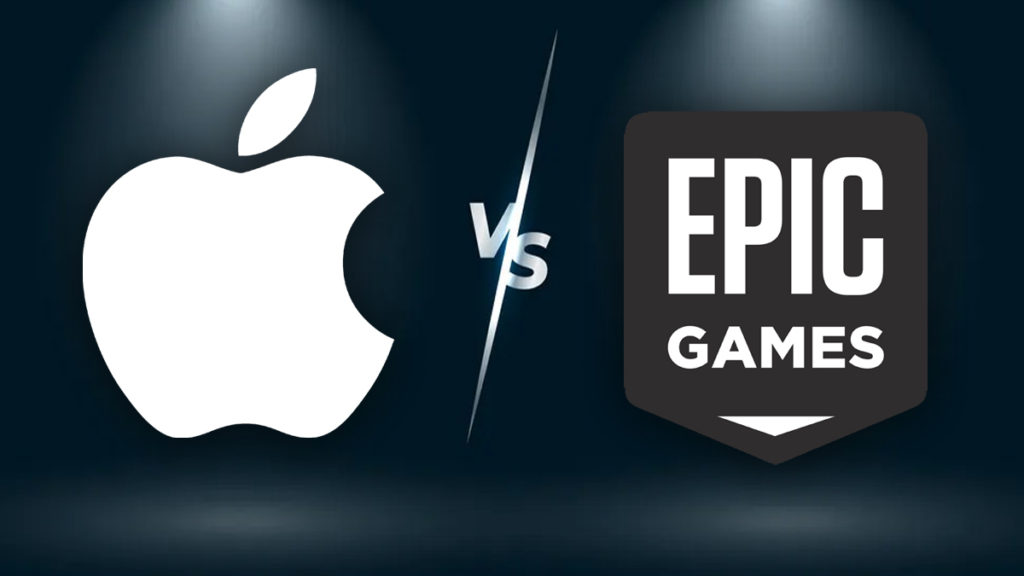|
Getting your Trinity Audio player ready...
|
In a significant development, Apple Inc. (AAPL.O) has petitioned the U.S. Supreme Court to annul an order mandating revisions to its App Store policies, which were enforced following an antitrust lawsuit initiated by Epic Games, the company behind the popular game “Fortnite.”
This legal saga between Apple and Epic Games commenced in 2020 when Epic Games accused Apple of violating U.S. antitrust regulations. The core of the dispute was Apple’s requirement that all software developers distribute their applications exclusively through its App Store, coupled with Apple’s practice of imposing commissions of up to 30% on in-app payments made through iPhones and other Apple devices. Although Epic Games lost its antitrust claims in a 2021 trial, a U.S. District Court judge ruled in favor of Epic Games by finding that Apple’s prohibition on developers informing customers about alternative payment methods was in violation of a California unfair competition law.
Following this pivotal ruling, the trial court judge mandated that Apple amend its rules for all developers within the U.S. App Store. These orders were subsequently upheld by the U.S. Ninth Circuit Court of Appeal. However, it’s crucial to note that these orders have remained temporarily on hold until the U.S. Supreme Court either makes a decision on the matter or chooses not to hear the case.
In its latest move, Apple contended that the lower court’s orders represent an encroachment upon the powers vested in a federal judge by the U.S. Constitution. Apple’s argument pivots on the assertion that the trial judge grounded the nationwide ban on the case brought forward by a single developer rather than substantiating the need for a nationwide injunction to remedy the alleged harm incurred by Epic Games.
In a statement accompanying its filing with the U.S. Supreme Court, Apple stated, “That approach eviscerates the constitutional limitations on federal courts’ authority and, unless corrected by this Court, would render universal injunctions the default remedy in single-plaintiff cases challenging a generally applicable policy.”
Epic Games has also taken action in this ongoing legal dispute by filing an appeal against the lower court rulings in the Apple case on Wednesday. The U.S. Supreme Court is expected to make a decision on whether to hear this case, likely sometime late this year or early next year, potentially determining the future landscape of app distribution and payment policies in the Apple ecosystem.
The outcome of this legal showdown between Apple and Epic Games holds substantial implications not only for these two corporate giants but also for the broader tech industry and the regulatory framework surrounding it. As the case unfolds, it is sure to draw the attention of stakeholders across various sectors eager to see how the U.S. Supreme Court will weigh in on the matter.
